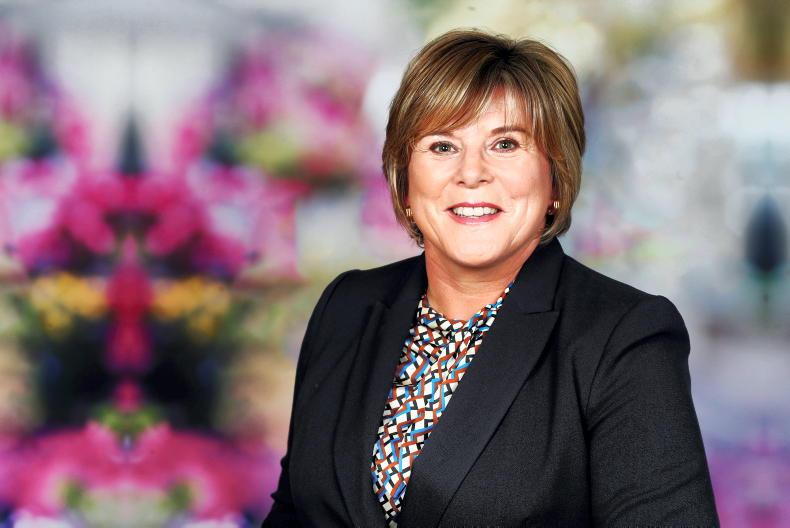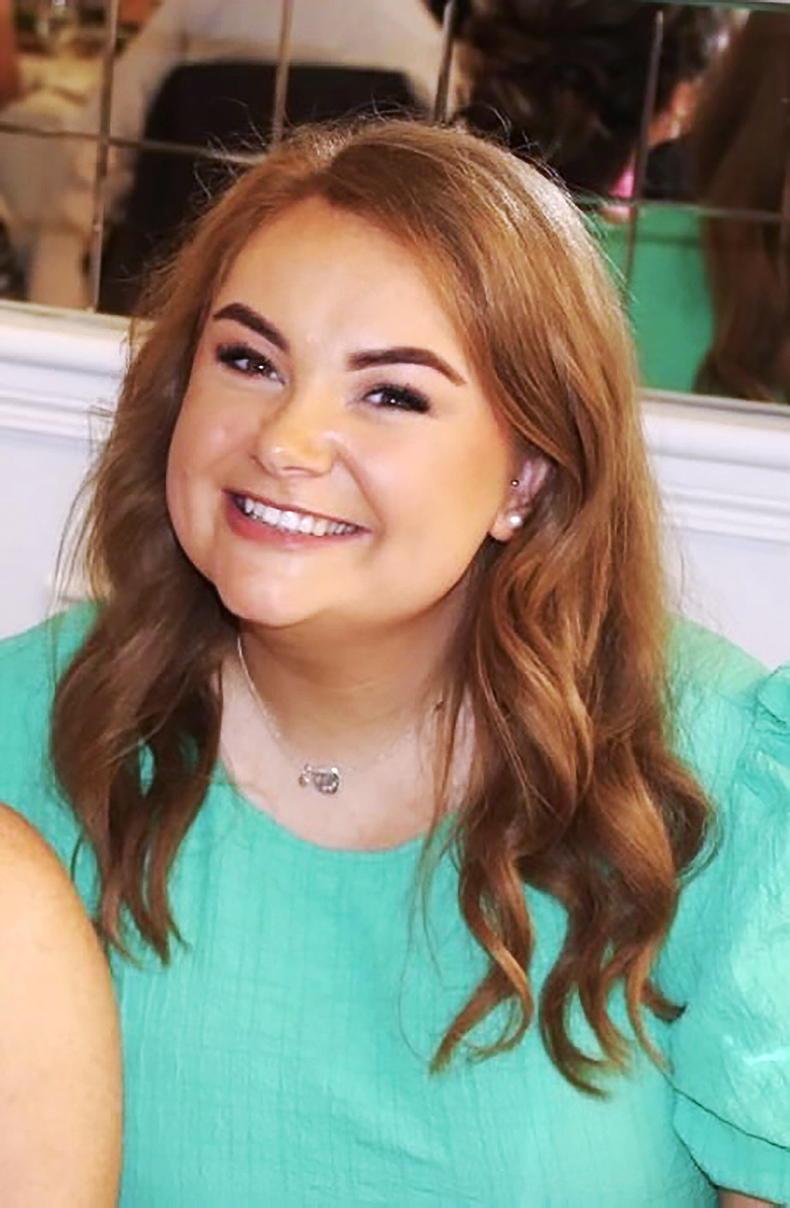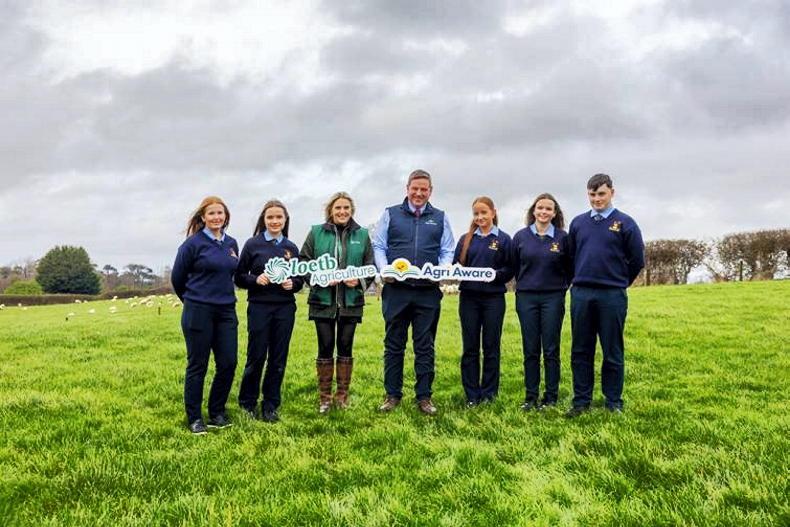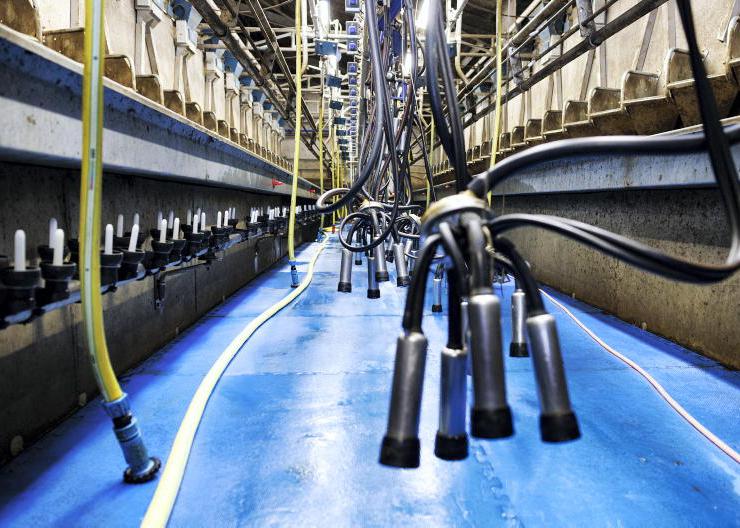It is no secret that Ireland’s healthcare system is currently facing a chronic shortage of carers, GPs and healthcare professionals. Over 15,000 workers are needed in the sector by 2035, to tackle and support an aging population.
However, due to high pressures, low salaries and difficult conditions, the healthcare system has found it hard to attract and retain staff in recent years.
In rural Ireland, there are critical shortages impacting patients, with 66% of GPs currently unable to take on new patients. Current patients are also impacted, waiting up to two weeks for an appointment in some cases.
So, as Ireland’s population grows, alongside the rising age profile, what is in place to combat these challenges and attract more people to cover the shortages?
Attracting and retaining talent
Mary Butler, Minister of State at the Department of Health spoke to Irish Country Living about the importance of attracting talent.“The Department of Health recognises the importance of having policies in place to attract and retain staff within our health service by supporting people throughout their careers and developing career pathways. A number of initiatives are being pursued or supported by the Department to improve recruitment and retention of healthcare workers.”

Mary Butler
One of these intiatives began in July 2022 when the Irish Medical Schools agreed to a further 200 Irish/EU medicine student places by 2026. Over 660 additional student places have also been provided in medicine, nursing and midwifery, pharmacy, and other key healthcare courses in the academic year 2023/24. This includes over 220 student places across nursing, midwifery and allied health professional courses in Northern Ireland.
According to the Department of Health, an agreement has been reached between Queen’s University Belfast (QUB) and the Department of Further and Higher Education, Research, Innovation and Science, which will see 25 additional medical places being made available for qualifying students from either Ireland or Northern Ireland in QUB in September 2024.
Looking to purse a career in health? Here are your options
Nursing and midwifery
Third level courses in nursing and midwifery are offered in a number of colleges across Ireland.
Last year, CAO points for general nursing ranged from 350 in Atlantic Technological University Mayo to 424 in University College Cork (UCC) for a BSc (Hons) Level 8 degree. The points for children’s and general nursing integrated courses varied from 487 in Dublin City University to 520 in UCC. Midwifery points started at 433 in UCC and went up to 510 in University College Dublin.
Qualification pathways
At a minimum, healthcare assistants require a QQI/FETAC Level 5 Award in Healthcare Support or Pre-Nursing Studies. This qualification can be completed in either Healthcare Support, Pre-Nursing Studies, Care of the Older Person and many more, depending on what you plan to specialise in.
Further education and training institutions across the country offer these courses. They comprise of eight modules, which healthcare assistants complete, totalling 120 credits.
Healthcare assistants (HCAs) qualifications can vary in prices from €150 to €350. Upon completion of the course, you must also be eligible to work in Ireland.
For anyone considering a career in nursing, who didn’t get the points to go straight into a Level 8 course, these pathways offer a backdoor route and, upon completion of a Level 6 certificate, you can progress into a Level 7 or Level 8 degree.
Family carer
With an estimated 500,000 family carers in Ireland, most farm families and people living in rural Ireland know someone who is providing care.
The Family Carers Ireland definition is as follows: “A family carer is described as someone who is providing an ongoing significant level of care to a person who is in need of care in the home due to illness or disability or frailty.”
To become a carer for a family member in Ireland, you need to fill in an application form for Carer’s Allowance (CR1), which is available from your local Family Carers Ireland Support Centre or you can access it online at
familycarers.ie. The form includes a medical report, which must be signed by the person you are caring for and by their doctor.
The HSE provides health services directly and also funds voluntary organisations to provide supports and services to individuals and their carers. Your local Primary Care Team is a source of information, advice and practical help to support you in your caring role. Family Carers of Ireland are the national voluntary organisation for carers in the home and provide a range of training and supports.
Job prospects
Ireland’s healthcare system offers various job prospects across different roles, including doctors, nurses, pharmacists, healthcare assistants, administrators, and allied health professionals like physiotherapists and occupational therapists
There are opportunities in public hospitals, private clinics, community healthcare settings, and research institutions. It’s a dynamic field with opportunities for growth and specialisation.
The HSE is the largest employer in the state with over 150,000 employees across the health service.
‘The hardest part of nursing, in my opinion, is when patients don’t get the outcomes they were expecting’
Roisin Costigan, nurse, Co Tipperary
I decided to become a nurse because I enjoy helping and caring for people and their families. I always knew I didn’t want a 9 to 5 office job, so nursing as a career jumped out at me. I studied nursing in University College Dublin with St. Vincent’s University Hospital as my training hospital. College as a nursing student was very different to most other students’ experiences; we spent at least half of each year out on clinical placement, either in our parent hospitals or out in the community. It was great to experience ward nursing, as it was completely different to what we had imagined from our various labs and lectures.

Roisin Costigan, nurse, Co. Tipperary
I suppose COVID-19 was the biggest challenge we faced as nurses – we were all in our final year, or internship year, of college and were out on the wards for our nine months of final placement as nurses. I really enjoyed the clinical placements throughout my training, as I find it easier to learn by doing. I was lucky enough to find a grá for orthopaedic nursing in my internship year. I am now working at the Bon Secours in Cork in the orthopaedic unit. The hardest part of nursing, in my opinion, is when patients don’t get the outcomes they were expecting. It’s a career where things can go from zero miles an hour to a thousand miles an hour in a matter of seconds. I’ll always say pressure is for tyres but sometimes, the pressure can really get to you.
I would recommend nursing to anyone who thinks they’d enjoy it; it’s a tough game but seeing your patients improve on a daily basis really makes it all worthwhile.
Read more
Systemic barriers experienced by autistic people
Agri Careers: industry movers and shakers
It is no secret that Ireland’s healthcare system is currently facing a chronic shortage of carers, GPs and healthcare professionals. Over 15,000 workers are needed in the sector by 2035, to tackle and support an aging population.
However, due to high pressures, low salaries and difficult conditions, the healthcare system has found it hard to attract and retain staff in recent years.
In rural Ireland, there are critical shortages impacting patients, with 66% of GPs currently unable to take on new patients. Current patients are also impacted, waiting up to two weeks for an appointment in some cases.
So, as Ireland’s population grows, alongside the rising age profile, what is in place to combat these challenges and attract more people to cover the shortages?
Attracting and retaining talent
Mary Butler, Minister of State at the Department of Health spoke to Irish Country Living about the importance of attracting talent.“The Department of Health recognises the importance of having policies in place to attract and retain staff within our health service by supporting people throughout their careers and developing career pathways. A number of initiatives are being pursued or supported by the Department to improve recruitment and retention of healthcare workers.”

Mary Butler
One of these intiatives began in July 2022 when the Irish Medical Schools agreed to a further 200 Irish/EU medicine student places by 2026. Over 660 additional student places have also been provided in medicine, nursing and midwifery, pharmacy, and other key healthcare courses in the academic year 2023/24. This includes over 220 student places across nursing, midwifery and allied health professional courses in Northern Ireland.
According to the Department of Health, an agreement has been reached between Queen’s University Belfast (QUB) and the Department of Further and Higher Education, Research, Innovation and Science, which will see 25 additional medical places being made available for qualifying students from either Ireland or Northern Ireland in QUB in September 2024.
Looking to purse a career in health? Here are your options
Nursing and midwifery
Third level courses in nursing and midwifery are offered in a number of colleges across Ireland.
Last year, CAO points for general nursing ranged from 350 in Atlantic Technological University Mayo to 424 in University College Cork (UCC) for a BSc (Hons) Level 8 degree. The points for children’s and general nursing integrated courses varied from 487 in Dublin City University to 520 in UCC. Midwifery points started at 433 in UCC and went up to 510 in University College Dublin.
Qualification pathways
At a minimum, healthcare assistants require a QQI/FETAC Level 5 Award in Healthcare Support or Pre-Nursing Studies. This qualification can be completed in either Healthcare Support, Pre-Nursing Studies, Care of the Older Person and many more, depending on what you plan to specialise in.
Further education and training institutions across the country offer these courses. They comprise of eight modules, which healthcare assistants complete, totalling 120 credits.
Healthcare assistants (HCAs) qualifications can vary in prices from €150 to €350. Upon completion of the course, you must also be eligible to work in Ireland.
For anyone considering a career in nursing, who didn’t get the points to go straight into a Level 8 course, these pathways offer a backdoor route and, upon completion of a Level 6 certificate, you can progress into a Level 7 or Level 8 degree.
Family carer
With an estimated 500,000 family carers in Ireland, most farm families and people living in rural Ireland know someone who is providing care.
The Family Carers Ireland definition is as follows: “A family carer is described as someone who is providing an ongoing significant level of care to a person who is in need of care in the home due to illness or disability or frailty.”
To become a carer for a family member in Ireland, you need to fill in an application form for Carer’s Allowance (CR1), which is available from your local Family Carers Ireland Support Centre or you can access it online at
familycarers.ie. The form includes a medical report, which must be signed by the person you are caring for and by their doctor.
The HSE provides health services directly and also funds voluntary organisations to provide supports and services to individuals and their carers. Your local Primary Care Team is a source of information, advice and practical help to support you in your caring role. Family Carers of Ireland are the national voluntary organisation for carers in the home and provide a range of training and supports.
Job prospects
Ireland’s healthcare system offers various job prospects across different roles, including doctors, nurses, pharmacists, healthcare assistants, administrators, and allied health professionals like physiotherapists and occupational therapists
There are opportunities in public hospitals, private clinics, community healthcare settings, and research institutions. It’s a dynamic field with opportunities for growth and specialisation.
The HSE is the largest employer in the state with over 150,000 employees across the health service.
‘The hardest part of nursing, in my opinion, is when patients don’t get the outcomes they were expecting’
Roisin Costigan, nurse, Co Tipperary
I decided to become a nurse because I enjoy helping and caring for people and their families. I always knew I didn’t want a 9 to 5 office job, so nursing as a career jumped out at me. I studied nursing in University College Dublin with St. Vincent’s University Hospital as my training hospital. College as a nursing student was very different to most other students’ experiences; we spent at least half of each year out on clinical placement, either in our parent hospitals or out in the community. It was great to experience ward nursing, as it was completely different to what we had imagined from our various labs and lectures.

Roisin Costigan, nurse, Co. Tipperary
I suppose COVID-19 was the biggest challenge we faced as nurses – we were all in our final year, or internship year, of college and were out on the wards for our nine months of final placement as nurses. I really enjoyed the clinical placements throughout my training, as I find it easier to learn by doing. I was lucky enough to find a grá for orthopaedic nursing in my internship year. I am now working at the Bon Secours in Cork in the orthopaedic unit. The hardest part of nursing, in my opinion, is when patients don’t get the outcomes they were expecting. It’s a career where things can go from zero miles an hour to a thousand miles an hour in a matter of seconds. I’ll always say pressure is for tyres but sometimes, the pressure can really get to you.
I would recommend nursing to anyone who thinks they’d enjoy it; it’s a tough game but seeing your patients improve on a daily basis really makes it all worthwhile.
Read more
Systemic barriers experienced by autistic people
Agri Careers: industry movers and shakers











SHARING OPTIONS